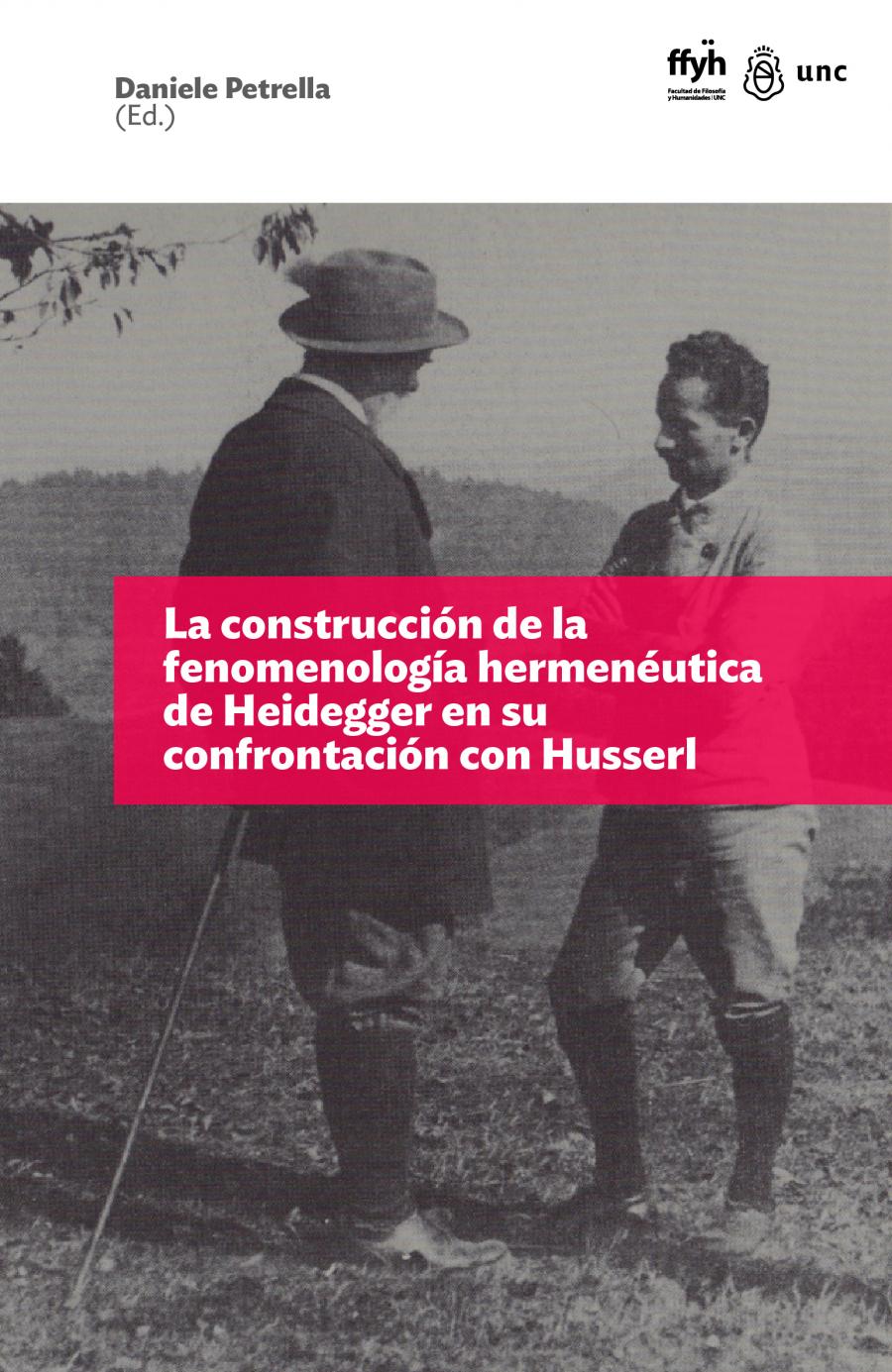The construction of Heidegger's hermeneutic phenomenology in his confrontation with Husserl
Keywords:
phenomenology, philosophy, hermeneuticsSynopsis
This collection of texts offers an initial introduction to Martin Heidegger's hermeneutic phenomenology, studied in its gestation and formation based on an analysis of the very first academic courses taught by the young German professor at the University of Freiburg. The construction of a hermeneutic phenomenology takes shape as a conceptual laboratory in transformation, in which Heidegger, when establishing his philosophical proposal, confronts the greatest thinkers of his time, in particular Edmund Husserl, his teacher and father of contemporary phenomenology.
Chapters
-
Foreword
-
The notion of Geltung and its influence on Husserl's phenomenology
-
Factual sciences and essential sciencesthe natural attitude and the phenomenological attitude
-
Method comparisontowards the development of a hermeneutic phenomenology based on the notion of formal indication
-
Erlebnis as a fundamental experience in the phenomenological attitudeHusserlian and Heideggerian studies on original science
-
The treatment of history in Heidegger and Dilthey
-
Heidegger's path toward an original scienceSome Husserlian influences present in the postwar seminar of 1919
-
On the notion of hermeneutic intuition in Heidegger's Kriegsnotsemester
-
The experience of the world and the pre-theoretical in the Kriegsnotsemester of the young Heidegger
-
The notion of temporality in Heidegger's interpretation of Paul's letters
-
Heidegger's hermeneutic radicalism in the creation of meaning

Downloads
Published
Series
Categories
License

This work is licensed under a Creative Commons Attribution-NonCommercial-ShareAlike 4.0 International License.


